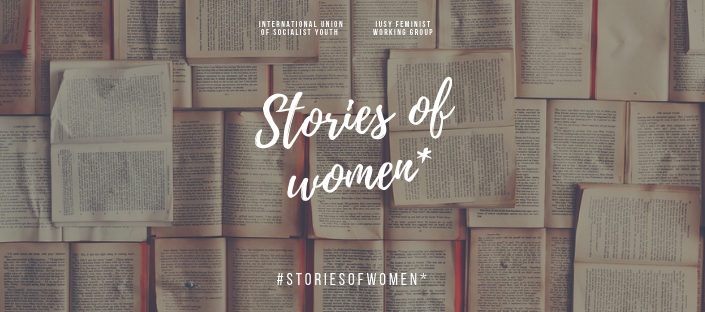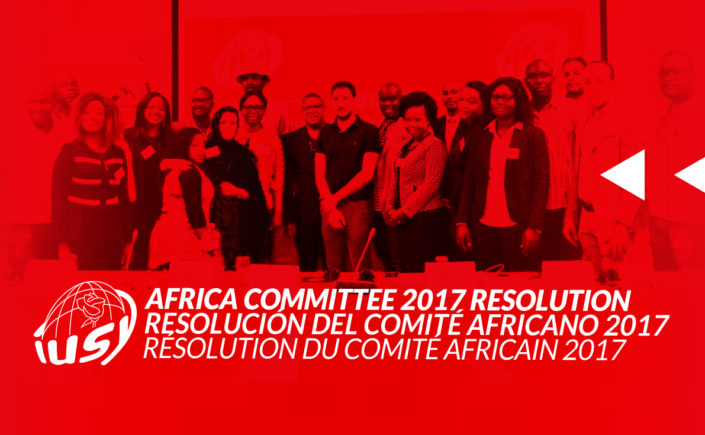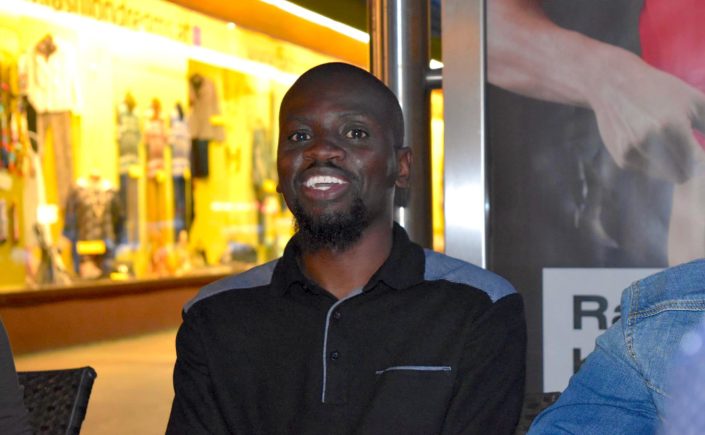This is a question each woman should ask herself because women have suffered for thousands of centuries on the hands of their counterparts, men. As we approach the 16 days of activism against women abuse, I take this opportunity to get my voice heard. The objective is to empower and inspire women who still struggle to be independent from oppressive men. My story will cover matters of religion, tradition, relationships as well as social implications that have been the fuel to the blazing flames of oppression and abuse against women.
Firstly, I believe religion [here I refer to Christianity which is predominant in Swaziland] has played a major role in supporting patriarchy. This is a system whereby a man is given absolute powers at the expense of a woman. A woman is expected to adhere to whatever a man instructs her to do without question. The old testament has compiled many laws and stories which portray women as nothing but mere objects for men. In Genesis the first story of creation sheds a glimpse of light as far as my argument is concerned. Genesis has the first of the two narratives relating the creation of mankind. Adam is created first, then its only when Adam gets lonely that God decides to create Eve. This is exactly where even men of the cloth derive the interpretation that women were created to serve men with loyalty and respect, to be entertainers (sexually and otherwise) in the world of men.
Secondly, tradition also contributed hugely in undermining women’s rights. Before the bible came to Africa, Africans were guided by oral traditions (folk tales) which were passed down generations through the word of mouth. These traditions were what constituted the African religious beliefs, practices and wisdom. Traditions created a culture. African cultures may vary but they are almost the same, in theology they are known as African Traditional religions. They all put women under the control of men. When it comes to management in the household, village, government, judiciary, church, sports etc., women are placed at the back seat. Men run everything; from funerals, ceremonies like weddings and most social gatherings. In my observation it’s clear that male domination is a disease that has been passed from generation to generation through traditional beliefs, norms and practices.
Thirdly relationships too are controlled by culture, for example; in many cultures [ as is the case in Swaziland] men can take more than one wife which brings hell to any woman. The polygamous Swazi King, Mswati has over a dozen wives now and he keeps on adding. The bible too has not saved the situation when you look at the fact that David and Solomon, God’s favourite kings in biblical history, had many wives. It gives men the authority to put their wives through the most monstrous experience of sharing a man. Culture dictates when and how to get involved in a love relationship as well as how a man and a woman is expected to behave. It gives man the absolute powers in a relationship, he dictates what is to be done and what not. Men hate the idea of a woman getting a job because it makes them feel insecure. Men are taught to be brave and be fighters while women are taught how to love a man, to be a servant who is loyal and scared of her man. Such a status quo has led to the widespread abuse imposed on women by men since donkey years ago. Women don’t have a voice in a world dominated by men. Men are groomed to be warriors and fight for themselves, but little is done to help them deal with emotions like anger. This could be the reason why men explode into violence every time a woman tries to break her silence. Women are trained to be tender, emotionally strong and loyal, to arm them for the unfair status quo.
In addition to that we have the social issue where women are portrayed as inferior compared to their male counterparts. It is believed that women’s brains and body aren’t brilliant and as strong as men. That is why it’s rare even today to find a woman in leadership. Women are reduced to spectators and followers in a world led by men. Government officials, judges, lawyers, pastors, principals, politicians etc., the majority is men. This gives women an unfair competition in the corporate world. A widow can’t support her kids unless she finds another man who will help her with the kids. When my father quit his job in the mines my mother had to defy the odds and break the cultural barriers by going to work in the sugar cane fields just to ensure we acquire education [education is not free in Swaziland]. I’m currently doing a Bachelor of Science at University of Swaziland. The society is the driving force behind oppression of women. My mother got ridiculed and vilified for leaving my father at home to work for us. The sad part is that even women blamed her too.
In conclusion, I would say it has been argued though that women only have themselves to blame because they don’t support each other. I will agree and disagree. My take is that, women are to blame because they don’t support one another instead they are busy competing for attention from men and the public wearing skimpy clothes exposing their nakedness in the name of freedom. They look down upon each other they gossip about each other, but I see it because of my above arguments where I pointed out that women are taught to be men’s amusers. They want to please men. I disagree because the whole patriarchal system allows a small chance for women to hold meetings and discuss their plight. Women need more than a miracle to get their voice heard they need to shout so loud until the Babylon walls can’t stand it no more. I look forward to seeing them crumble down and fall before my eyes, so I could pronounce true freedom. WOMEN NEED TO TEACH THEIR OWN MALE KIDS TO RESPECT A WOMAN AS AN EQUAL NOT A SUBORDINATE. I THEREFORE, URGE EVERY WOMAN TO DO SOMETHING ABOUT IT. I don’t want women to take men as enemies but remember that they are also victims of the system. It is the system that is in control of their thoughts and actions. what they do is what they were taught, what was instilled trillions of days of their lives. It’s hard to teach an old dog some new tricks that is why I suggested that we start teaching our gospel of gender equality to children and the youth. Teach them real love and enlighten them on human rights.
Swaziland is Africa’s last absolute monarchy led by polygamous King Mswati. Political parties have remained banned by the monarchy since 1973. A total disregard of human rights and the crackdown of human rights defenders who call for multiparty democracy is endemic in sustaining the royal dictatorship. Religion, and culture/tradition is used to socially control the gullible masses. The brutal police force is used suppress those calling for change.



